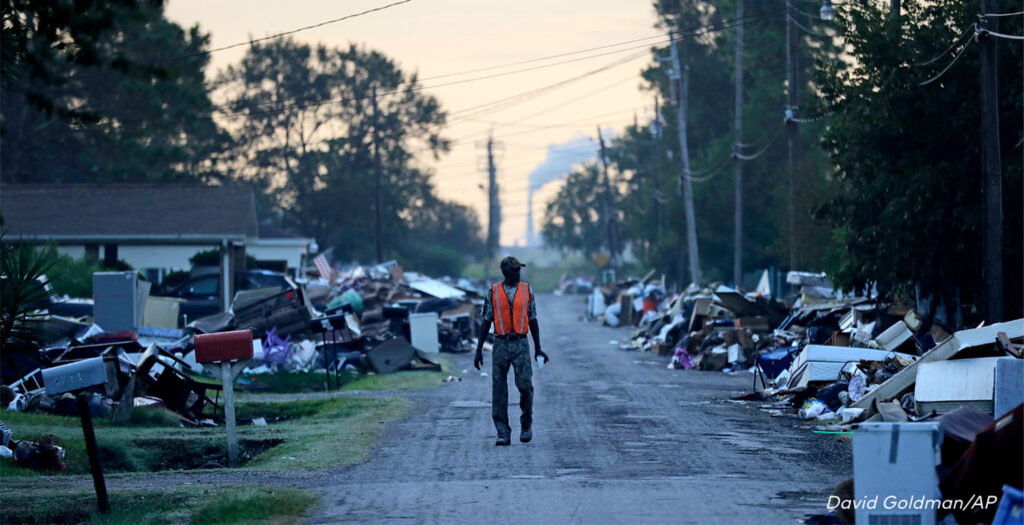By Amy Durr, Alliance Communications Coordinator
Thanks to Global Citizen for their comprehensive, in-depth article sharing 3 important things to know about the connection between climate change and racial justice:
- Climate change interacts with and worsens existing inequalities in society that are often shaped by racism.
- Climate action requires an intersectional approach that takes into account the most impacted communities.
- Scientists, environmentalists, and racial justice advocates agree the best way to overcome the climate crisis is by empowering and listening to Indigenous communities.
“This means…that Black people, Indigenous people, and people of color are disproportionately experiencing the impacts of climate change: flooded homes, vanishing sources of drinking water, disrupted local economies, extreme heat waves,” according to Global Citizen. “People who are wealthy and have access to enough resources can anticipate and adapt to climate change, while people who are poor or live in poor countries have less ability to do so.”
Centuries of colonialism based on white supremacy have given this inequality an overarching racial dimension, leading to Nobel Prize-winning human rights activist Archbishop Desmond Tutu, calling it climate apartheid.
Across the US, Black people have died at a far higher rate from COVID-19 than the general public, partly because they’re more likely to experience levels of pollution so extreme that their immune systems weaken.

